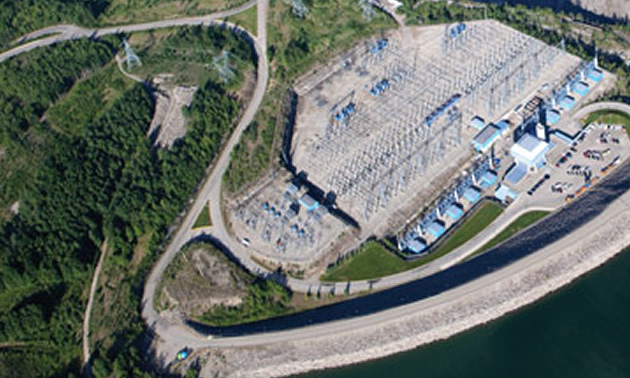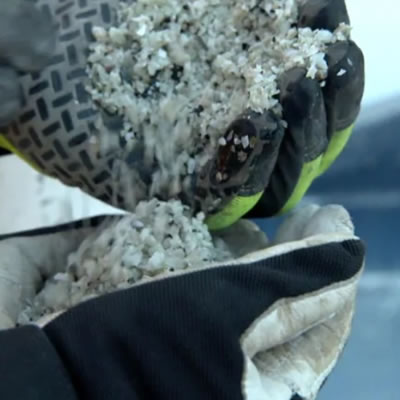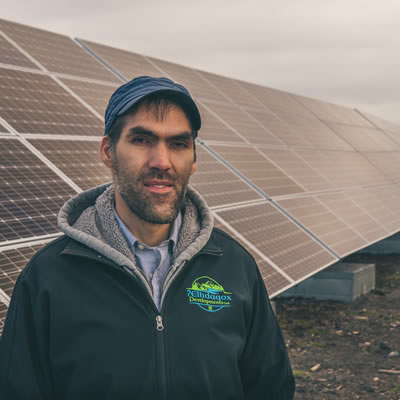Q & A about BC Hydro dams and fracking

Because fracking is occuring in northeastern B.C, there is some concern over the safety of nearby BC Hydro dams. — Photo courtesy BC Hydro
Hydraulic fracturing or "fracking" is a process used to extract natural gas from shale bedrock. It's currently practiced in northeast B.C. near Fort Nelson, Dawson Creek and Fort St. John.
Because fracking is happening in the northeast, some people have questioned if it puts BC Hydro's dams on the Peace River at risk. We caught up with our Director of Dam Safety, Stephen Rigbey, to get some answers.
Are BC Hydro's dams at risk due to fracking?
Stephen: No. Fracking is not a threat to BC Hydro's dams. We have seismographs at all of our dams, and we have never recorded any seismic event related to fracking. Our dams are built to withstand much larger ground motions associated with higher magnitude events that are much longer in duration. They could withstand events many times larger than those associated with fracking.
How can BC Hydro ensure that fracking-related activities don't damage your dams?
Stephen: Over the past several years, BC Hydro has been discussing and exchanging research on this topic with the BC Oil and Gas Commission. We are continuing to work closely with the Commission. In fact, we have an understanding with them that there will be no new tenures within five kilometres of any BC Hydro dams. We want to ensure that there is no possibility of any damage to our infrastructure that could result in costly repairs. To our knowledge, there has never been fracking activity within 5 kilometers of our dams. If future activity related to the existing tenures is planned, we will work closely with the Commission to put restrictions in place to effectively manage any risk. We have an internal seismic expert that follows national and international research on this topic closely, and who liaises with experts in both Canada and the US.
How does BC Hydro ensure its dams are safe?
Stephen: Our highest responsibility at BC Hydro is public safety and that's why we maintain a strong dam safety program, which includes 24/7 instrumentation monitoring, weekly inspections, bi-annual engineering reports and regular external reviews of all our dams. We have operated our 79 dams safely for decades – and it continues to be a top priority for us.




